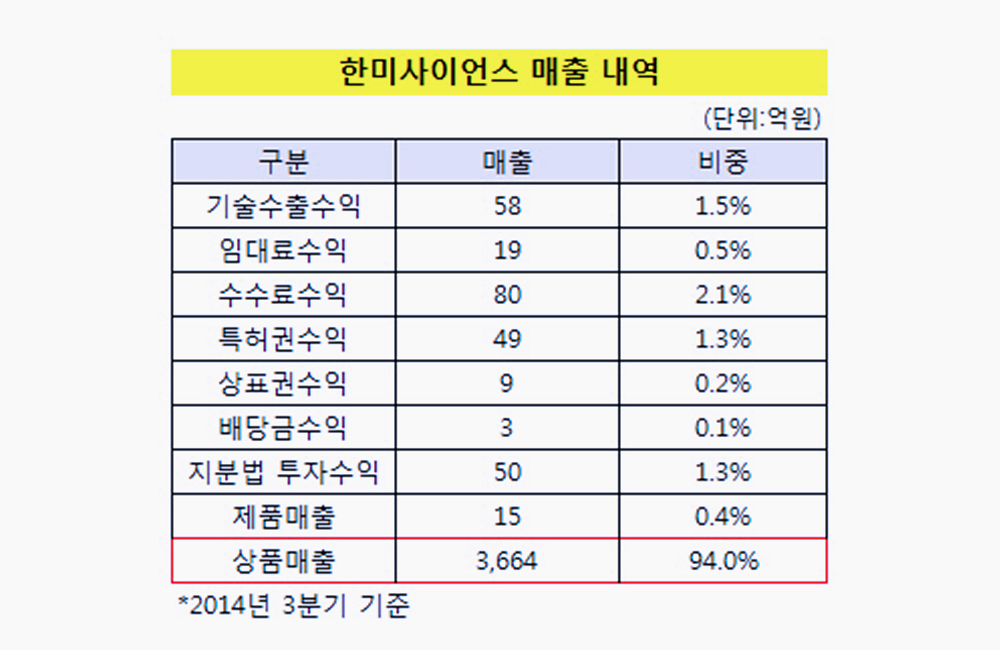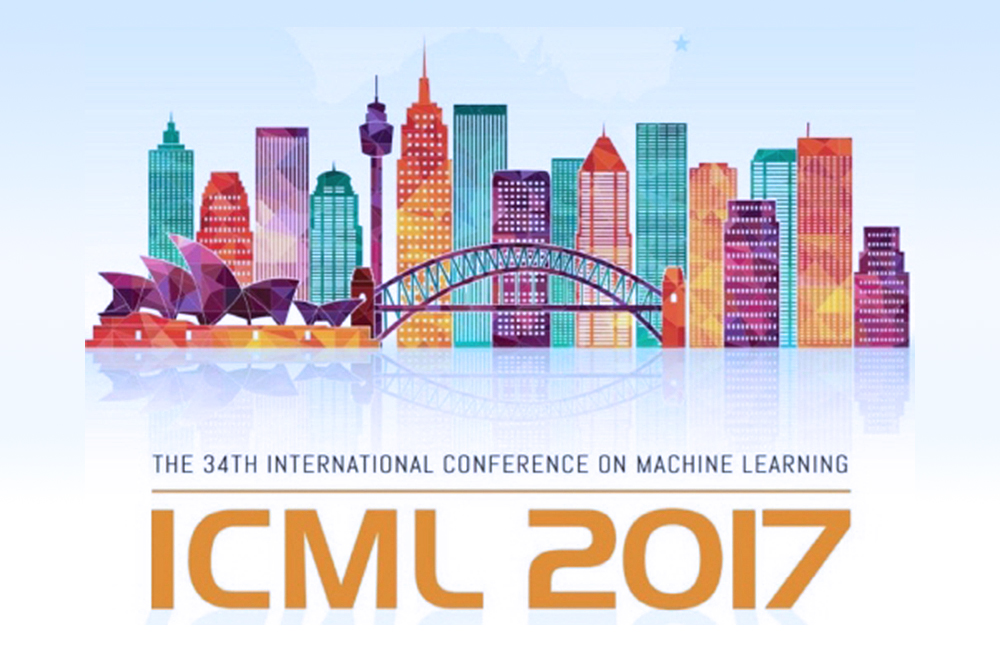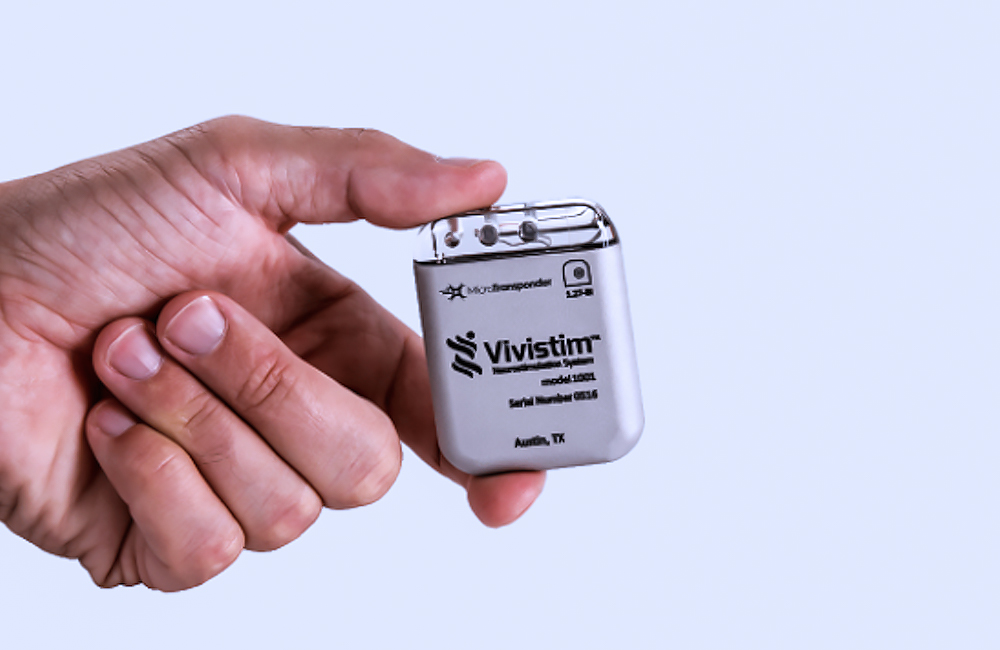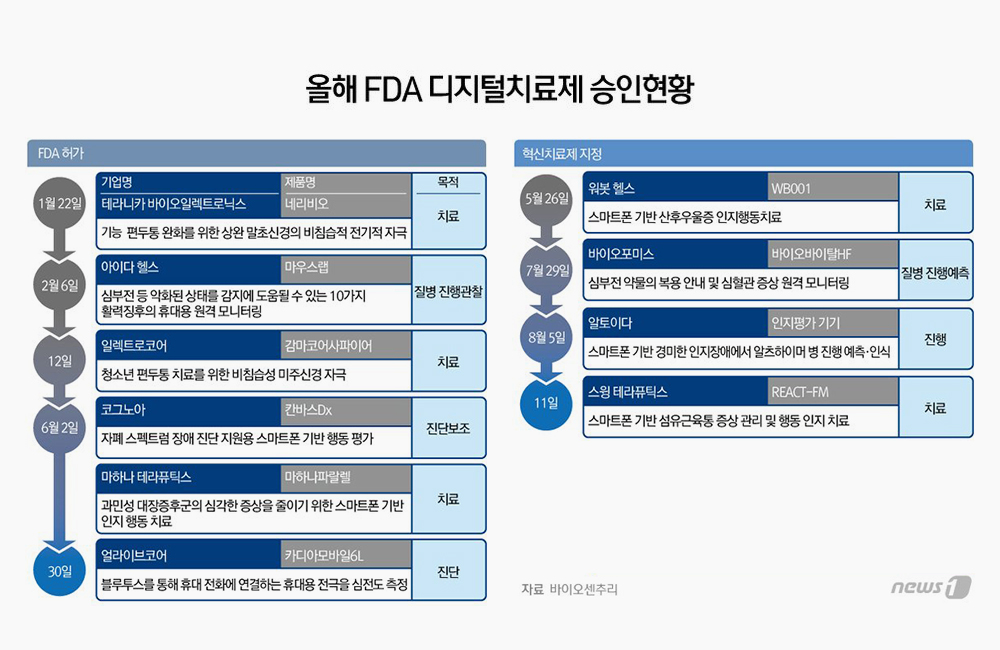A new collection of studies released by the UK’s National Institute for Health and Care Research (NIHR) demonstrates the potential usefulness of artificial intelligence in healthcare.
A separate trial found that AI in breast cancer screening is safe and can almost halve the workload of radiologists.
The pieces of research showcased in the NIHR report were published between 2020 and 2023. Here are five areas where promising AI interventions are addressing key health challenges.
Heart disease
About one in 100 adults have heart failure, which is usually diagnosed in hospital. Researchers have shown that an easy-to-use smart stethoscope could detect heart failure in primary care.
The AI-supported stethoscope identified people with heart failure correctly nine out of 10 times. It could help GPs prioritise referrals, improve outcomes for patients and save healthcare systems money.
Separate research found an AI application using routine clinical data with a blood test can determine whether people attending A&E have experienced a heart attack.
Lung cancer
Lung cancer is the leading cause of cancer deaths worldwide. Two studies found that AI could help determine whether abnormal growths seen on a CT scan are cancerous.
The studies used different types of AI, and focused on different size growths, but both predicted cancer more accurately than the standard Brock score recommended by professional organisations. AI could help diagnose those patients earlier and save lives.
Disease progression
Research shows AI can predict whether people with wet age-related macular degeneration (AMD) in one eye will develop it in the other. A study including scans from more than 2,500 people found AI outperformed five out of six experts.
Researchers have also developed an AI tool that can predict the risk of flare-ups in people with ulcerative colitis. The technology could speed up assessment of ulcerative colitis, and provide accurate information about prognosis to doctors.
Personalised treatment
AI could help doctors decide which specific drug combinations are likely to benefit a patient with cancer in as little as 12 hours. This could improve the outcomes of patients treated with targeted anti-cancer drugs.
People who have Covid-19 around the time of surgery are more likely to die than those without the virus. An international study involving almost 8,500 patients found an AI tool could predict the risk of death in the month after surgery for these people.
Hospital pressures
Researchers have developed an AI model that correctly predicted, eight out of 10 times, which people did not need to attend emergency departments. This was based on 100,000 linked ambulance and emergency care records from Yorkshire, England.
AI could also help managers predict demand for beds. Researchers have developed an AI tool, using real-time data from 200,000 A&E visits to a London teaching hospital, that predicts how many hospital beds were needed in four and eight hours’ time. The estimates outperformed the hospital’s own emergency admissions planning.
The NIHR said the collection of studies was “a small but current sample of the research addressing important health challenges” and “add to the mounting body of evidence demonstrating the benefits” of AI.
Dr Jemma Kwint, a senior research fellow at the NIHR and author of the report, said: “I hope the high quality studies selected for this collection are useful examples of the evidence we need to build trust in this advancing technology.
“Further research is needed to deepen our understanding of how these tools could work in routine clinical practice, their long-term effect on patient outcomes and their overall value for money.”









